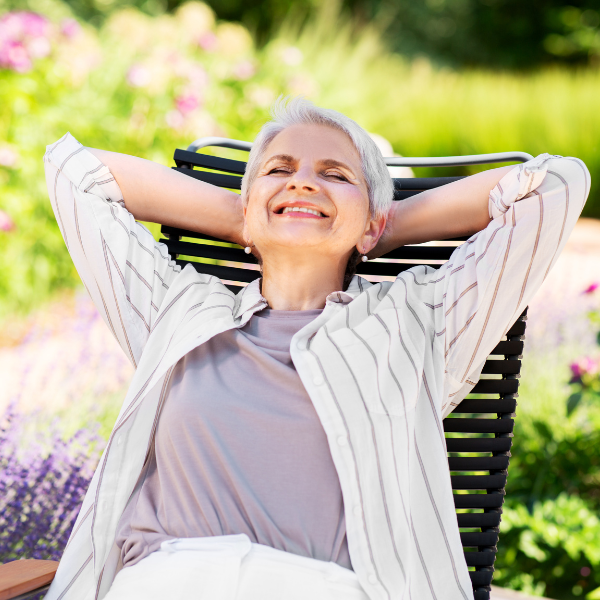In Australia, heatwaves have caused more deaths than any other natural disaster (DEA 2020), with older adults over 65 being one of the high-risk groups for hyperthermia.
Older adults are more susceptible to dehydration due to changes in the body that occur with ageing, including decreased thirst sensation, decreased kidney function, medications causing fluid loss, not recognising signs of dehydration, living alone, cognitive impairment and mobility issues.
The following tips will help prevent older Adults from experiencing hyperthermia (heat related illness) on hot days:
- Take note of the weather and take appropriate precautions if the temperature is over 30°C. Temperatures of over 37°C are particularly dangerous.
- Make sure the cooling systems in the home are operating correctly.
- In addition to water, ensure other fluid options such as jelly, ice-cream or fruit juice blocks are available for clients.
- Keep curtains and blinds closed in hot weather.
- Ensure rooms are at a comfortable temperature and have adequate ventilation.
- Small amounts of fluid should be given regularly, rather than large amounts given less frequently.
- Avoid caffeinated or alcoholic beverages on hot days.
- Provide frequent, small meals. Consider cold options such as salad and fruit.
- Wear lightweight, loose, clothing (preferably made from natural fibres) and keep skin covered if going outside. Ensure wide-brimmed hats and sunglasses are worn.
- Stay indoors between 11am and 3pm and limit outdoor activity.
- Take a tepid showers.
- Review medications during summer months to determine whether there is any increased risk of hyperthermia.
- Ensure you have access to a working phone in the case of a power failure. Ensure safety alarm pendants will also work if a power failure occurs.
- Ensure metal mobility aids or equipment are kept in the shade so you don’t get burnt.
- Check for symptoms of hyperthermia.
- Seek immediate medical if any signs of deterioration
(DoH 2020; Better Health Channel 2022b; Baptcare 2017)

